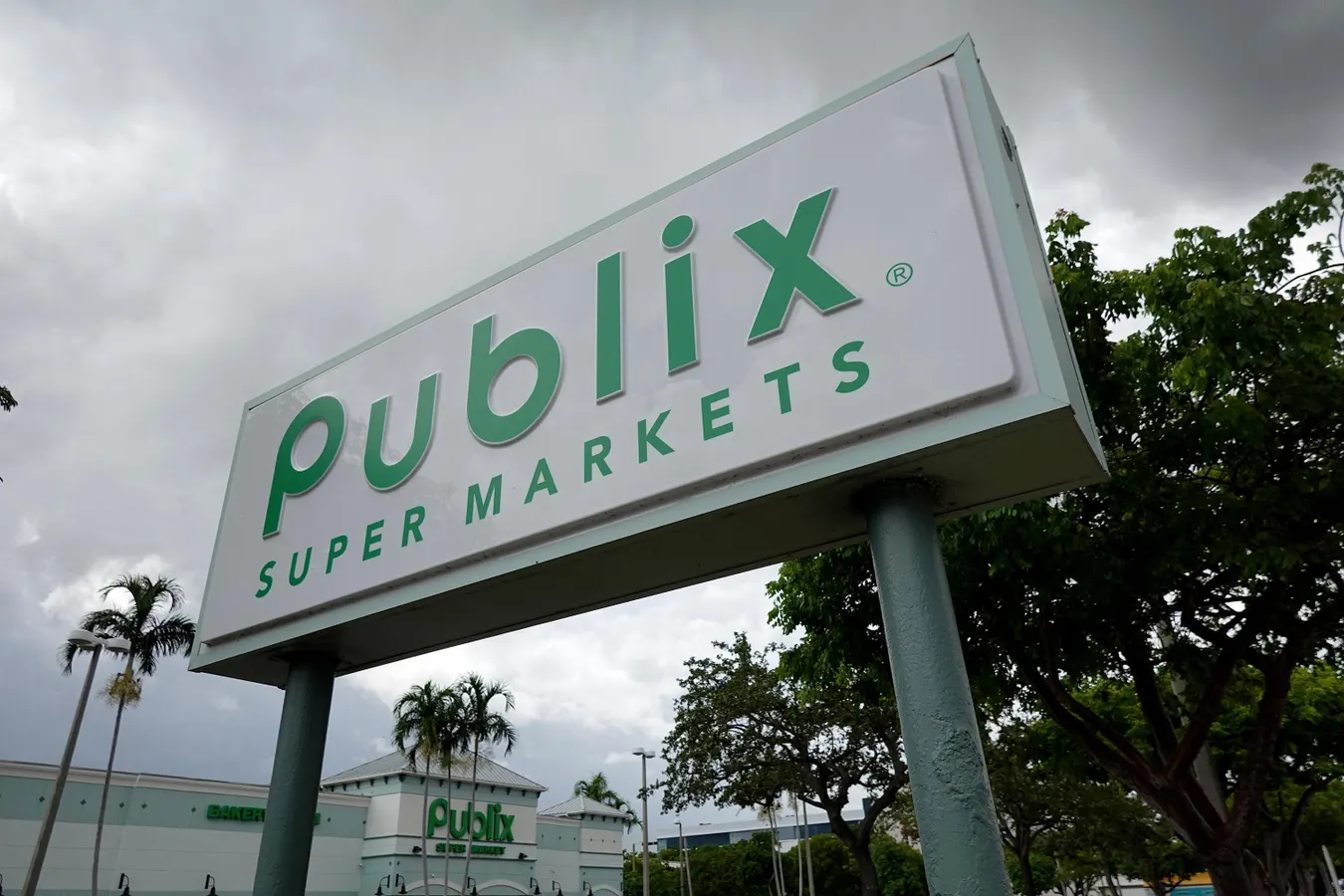By Janice Gassam Asare,Joe Raedle,Ph.D,Senior Contributor
Copyright forbes

MIAMI, FLORIDA – JULY 30: A sign near the entrance to a Publix Super Market on July 30, 2024 in Miami, Florida. The supermarket chain was founded in 1930 and now has 1,375 store locations across the Southeast United States. The business had retail sales in 2022 that reached $54.5 billion and employs over 255,000 people. (Photo by Joe Raedle/Getty Images)
Getty Images
Grocery store chain Publix has recently drawn public ire following claims that the company backed out of a Black Book Bash in Jacksonville, Florida. Although Publix told News4JAX that they never agreed to sponsor the event, an organizer for the Black Book Bash provided receipts to the contrary. According to Casey Kelley, the event organizer, one of the sponsorship coordinators was in communication with someone who had a Publix.com email address. In an email that was provided to News4JAX, someone with a Publix.com email address indicated that the company was pulling their sponsorship “for the foreseeable future,” due to the “volatile [climate].” The controversy has ignited calls for a company boycott.
Controversy aside, there is a lot that can be learned from this situation. Consumers want to patronize companies that are values-aligned. With rising costs, a potential recession, and persistent unemployment, buyers have become more judicious with their money. This is a lesson that Target had to learn the hard way. After the company rolled back their DEI initiatives, there were mass consumer boycotts that have contributed to decreased profits over the last several months. Costco, on the other hand, a company that has stood firm in their values (much to the chagrin of the anti-DEI crowd), has seen increased profits over the last several months, which some have attributed to their pro-DEI stance.
MIAMI, FLORIDA – DECEMBER 15: Costco has seen increased profits over the last several months, which some have attributed to their pro-DEI stance. (Photo by Joe Raedle/Getty Images)
Getty Images
Since the beginning of 2025, with a number of executive orders targeting DEI, many corporations have abandoned their support of equity-related initiatives (or anything that could be perceived as equity-related). When implemented with intention and care, DEI can strengthen an organization by cultivating an environment where employees, regardless of their unique needs, are supported and have the tools to feel empowered. The fact of the matter is that both consumers and customers alike want to support companies that are invested in equity and fairness. Capitulating to the DEI detractors is not a smart or sustainable strategy. Investing in your employees and ensuring consumers are treated well will have myriad benefits for employees and will contribute to the viability of an organization.
There is no such thing as neutrality. Both individuals and institutions contribute to harmful and oppressive systems and the decision not to focus on equity and fairness is a decision that comes with consequences. The obvious and most glaring issue with the Publix situation is that the company allegedly reneged on their sponsorship offer. Private companies should stand firm in their beliefs and values because unlike non-profits and state and federal entities, private companies have much more agency, autonomy, and protection. With Publix being privately-owned as well as the largest employee-owned company in the U.S., they have much greater freedom to make decisions regarding where to expend resources and what causes to support.
MORE FOR YOU
Evidence suggests that boycotts can be a formidable tool to drive systemic change. The most recent example came when Jimmy Kimmel was suspended for comments made about the killing of Charlie Kirk; there were calls for a mass boycott of Walt Disney Company and its affiliated platforms, which include Hulu, Disney+ and ESPN. Soon after the boycott took place, it was announced that Kimmel would be returning to air. The greater lesson here is that each of us must recognize our power. We can withhold our dollar if a company doesn’t align with our values. There are a lot of things happening in the world that may make us feel disempowered, but we each have the ability to catalyze change. History has shown us that when people make up their minds to mobilize behind a cause, we see rapid shifts.
Editorial StandardsReprints & Permissions